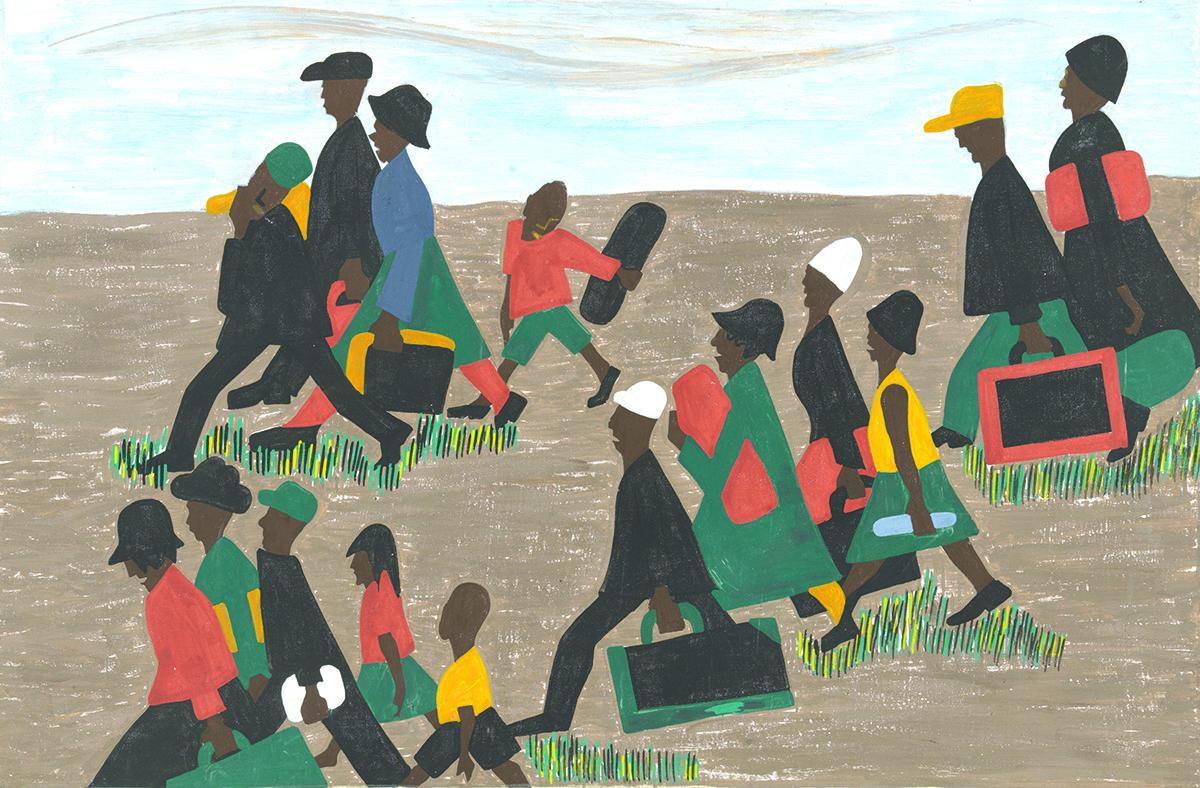
Most people have heard of the Black Panther Party, especially when it comes to protesting for equality for African Americans. The Black Panther Party is known most for their activity in the late 1960s to protest police brutality against Blacks in the Oakland area by arming citizen patrols. As the party soon died formally in 1980 due to FBI counterintelligence activities. One might think that the effects they had on the community died with the party, but the reality is quite the opposite. A lesser-known activism; healthcare, was a major platform for the Black Panther Party. They campaigned against medical discrimination: setup free clinics, raised awareness for genetic disease, and advocated that poor Blacks were underserved by mainstream medicine. The Black Panther Party created the first nationwide screening program for sickle cell anemia. Unfortunately, they were never put into the spotlight for all the good they did in pioneering community healthcare.
It is crazy to me that the Black Panther Party was so influential in the implementation of community based health programs we see today yet got almost no no credit. This just shows that history is written by the victors so to speak, the Black Panthers didn’t write their own history, white people wrote it for them. In reality, the Black Panther Party spent more time helping the community than they did protesting.

Article : https://www.vanderbilt.edu/mhs/2011/06/mhs-lecture-series-alondra-nelson-%E2%80%9Cthe-black-panther-party-and-the-fight-against-medical-discrimination%E2%80%9D/
